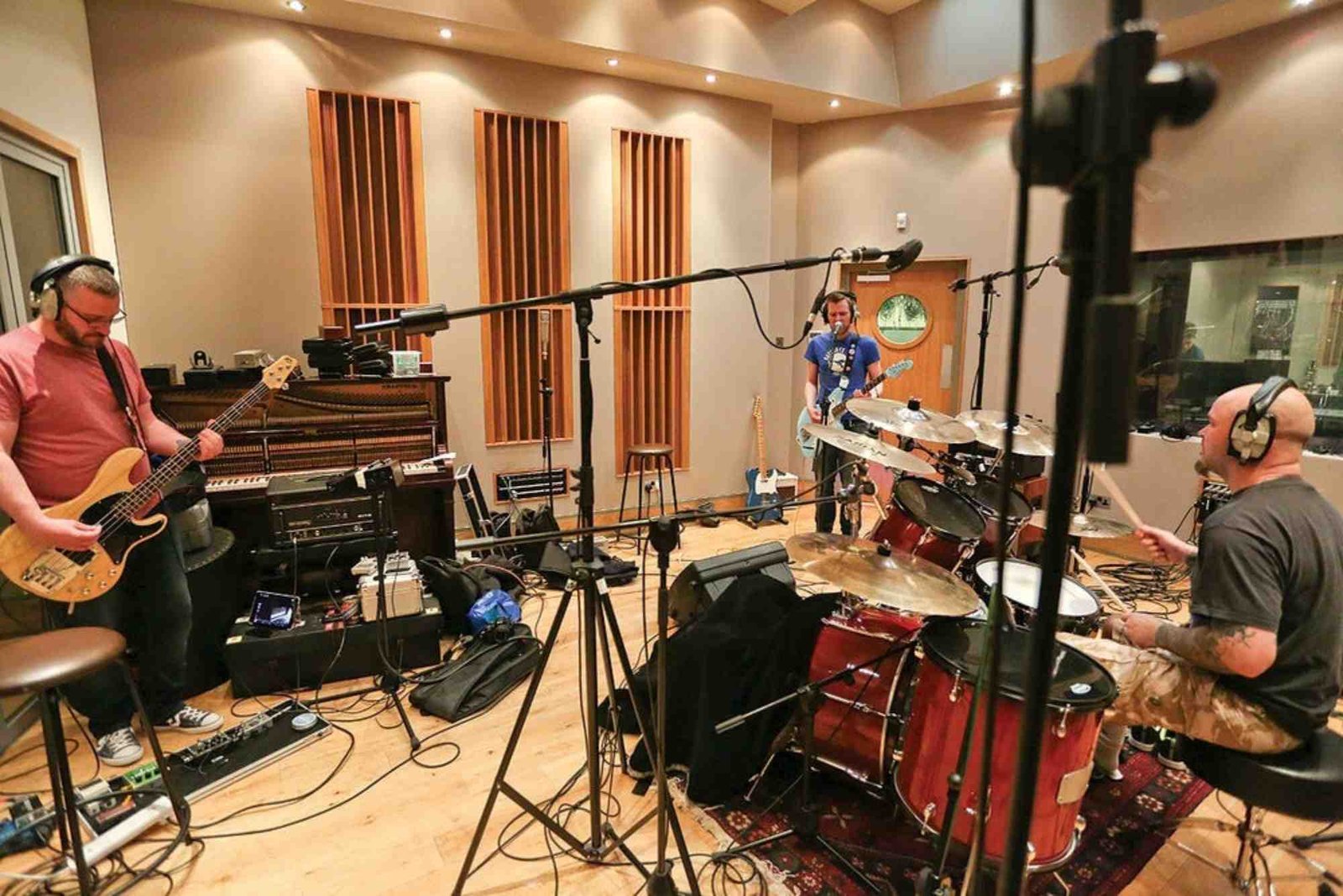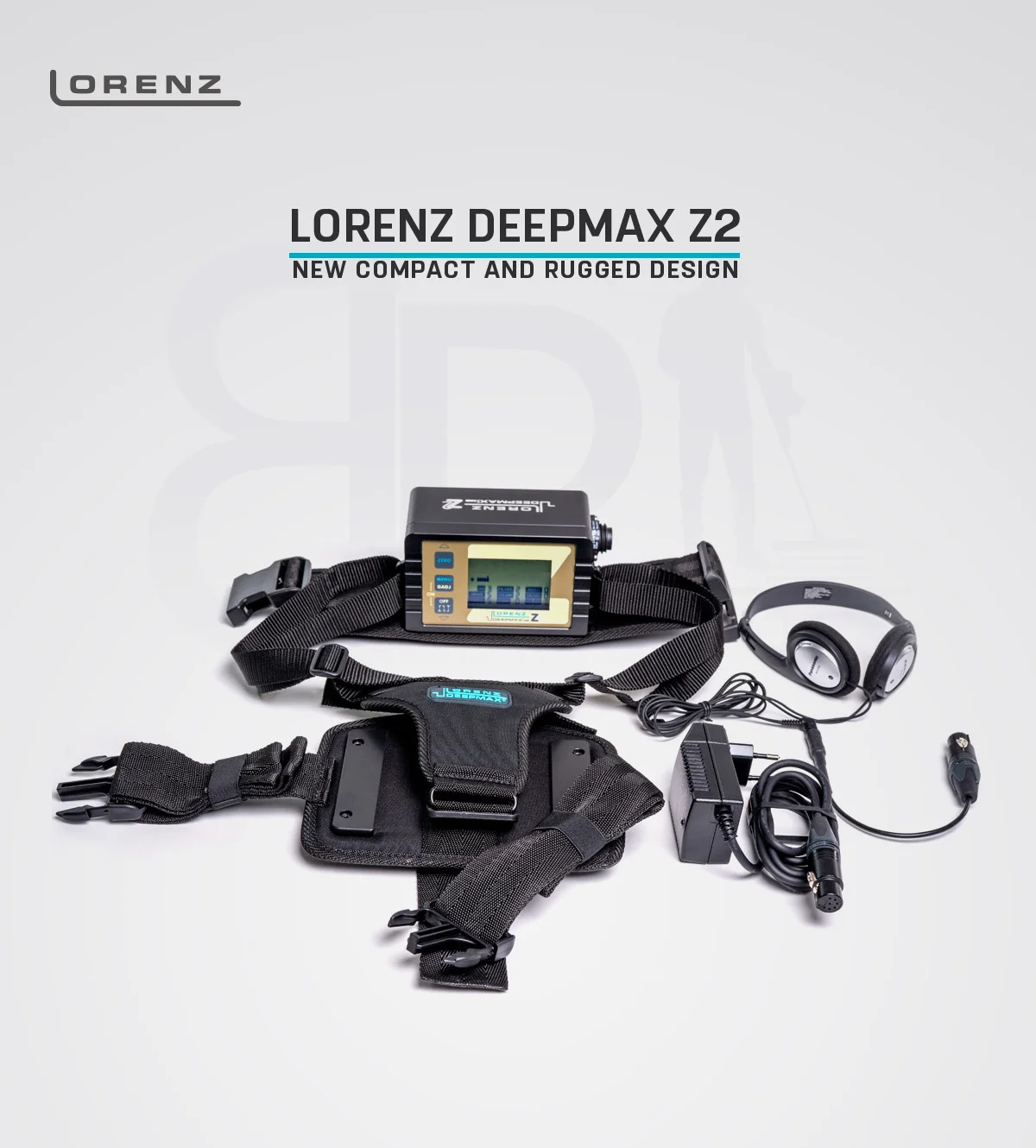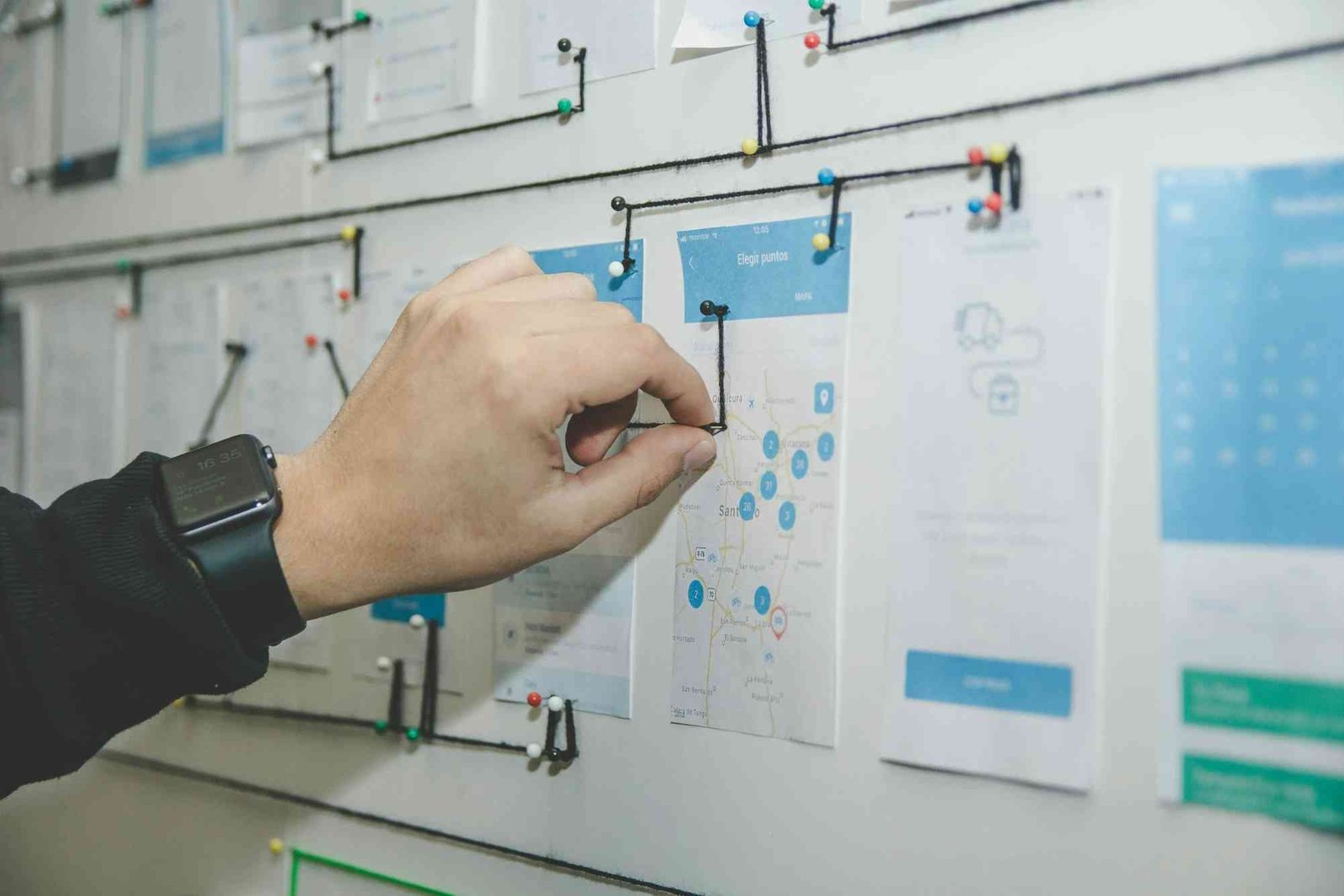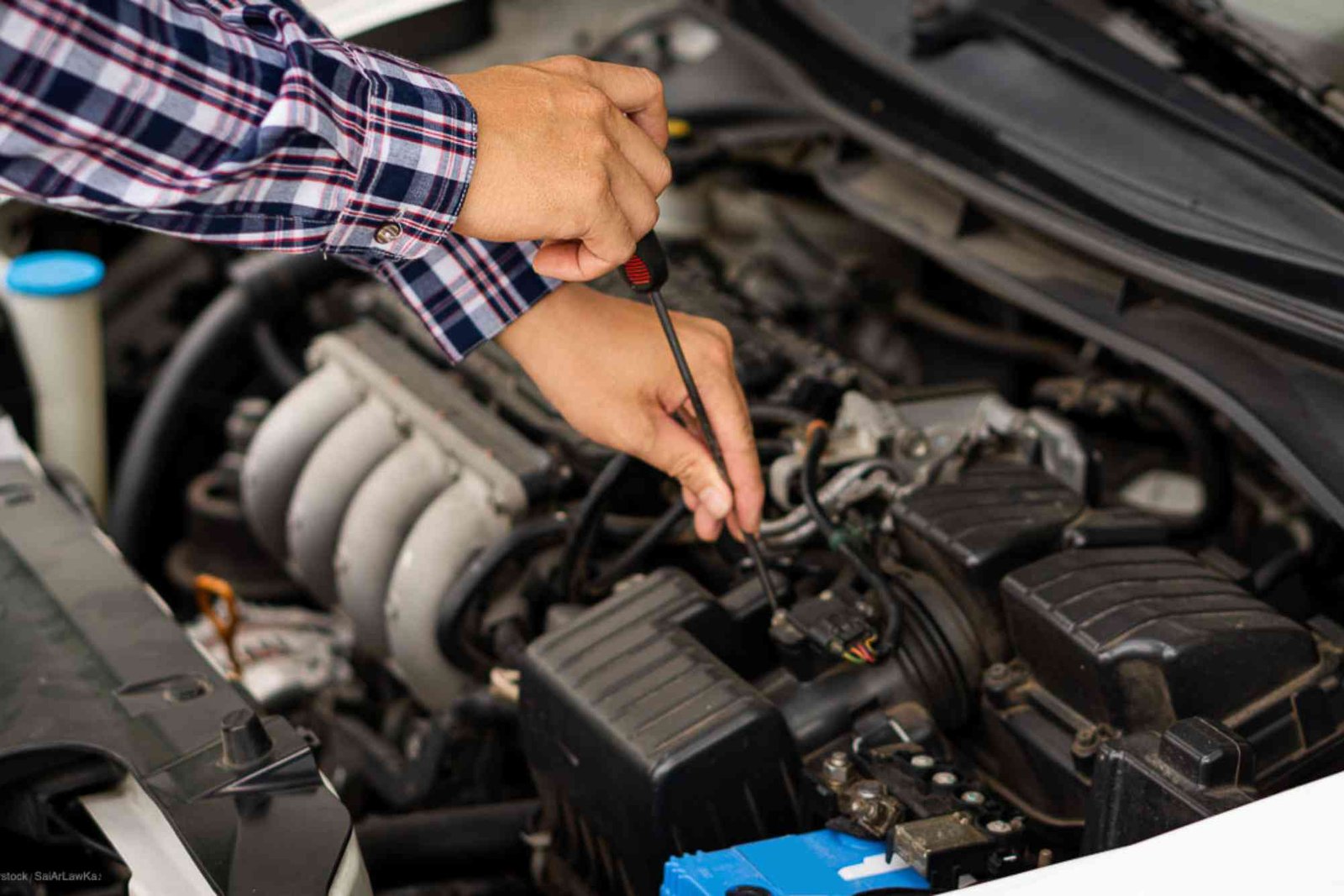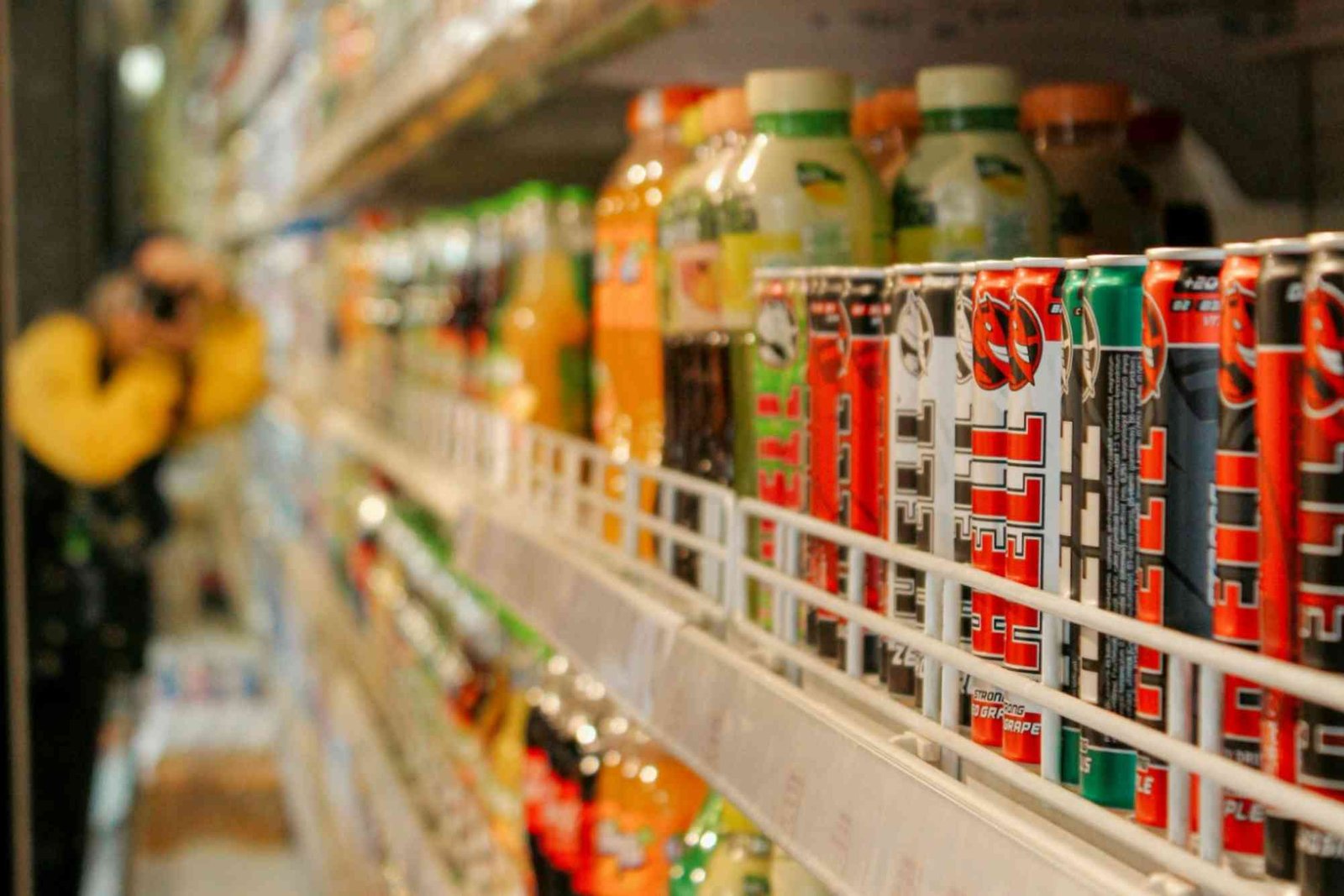Introduction
When it comes to fitness, one question often arises: Is it good to eat before working out? Some people swear by training on an empty stomach, while others believe a pre-workout meal boosts energy and endurance. The truth lies in understanding how your body uses food as fuel. Whether your goal is fat loss, muscle gain, or improved stamina, what you eat—and when—can make a real difference.
Why Nutrition Matters Before a Workout
Your body needs energy to perform well during exercise. Food provides glucose, your muscles’ preferred energy source. Eating before a workout ensures your body has enough fuel to power through strength training, cardio, or high-intensity sessions. Without it, you risk fatigue, reduced focus, and decreased performance.
For example, if you plan an intense session, skipping a pre-workout meal might leave you feeling lightheaded or weak. On the other hand, eating too much or too close to exercise can cause discomfort and sluggishness. Striking the right balance is key.
Benefits of Eating Before Exercise
Eating before a workout can enhance performance and recovery. It’s not just about avoiding hunger—it’s about optimizing your body’s fuel levels.
Boosts Energy Levels
Pre-workout meals or snacks provide carbohydrates, which your body converts into glucose. This glucose is stored as glycogen in your muscles and liver, ready to be used during exercise. When glycogen stores are full, your muscles can perform at their peak.
Enhances Endurance and Focus
Eating before a workout improves concentration and stamina. A well-timed meal helps maintain stable blood sugar levels, reducing early fatigue. You’ll find it easier to focus and sustain effort through longer workouts.
Aids in Muscle Growth and Recovery
Combining protein and carbohydrates before training supports muscle repair and growth. Protein provides amino acids that prevent muscle breakdown, while carbs replenish energy stores. This synergy promotes better post-workout recovery.
When Should You Eat Before Working Out?
Timing your meal is crucial. Ideally, eat a balanced meal two to three hours before exercising. If you’re short on time, a small snack 30 to 60 minutes before training can still make a difference.
A full meal should include lean proteins, complex carbohydrates, and healthy fats. For example, grilled chicken with brown rice and vegetables provides lasting energy. If you only have 30 minutes, opt for something light, such as a banana with peanut butter or a protein shake.
Hydration also matters. Drink water before, during, and after exercise to maintain optimal performance and prevent dehydration.
What to Eat Before Working Out
The right foods depend on your goals and workout intensity. However, focusing on balanced nutrition ensures steady energy and performance.
Carbohydrates: Your Main Fuel Source
Carbs are essential before workouts. They provide quick, efficient energy and help prevent early fatigue. Choose slow-digesting carbs like oats, whole-grain toast, or sweet potatoes for sustained release. If you’re exercising soon, opt for faster-digesting carbs like fruit or yogurt.
Protein: Supporting Muscle Performance
Protein helps reduce muscle breakdown during exercise and kickstarts recovery. Include sources like eggs, Greek yogurt, lean meats, or plant-based protein shakes.
Fats: Energy for Longer Sessions
Healthy fats like avocado, nuts, and olive oil provide long-lasting energy but digest slowly. Include them if your meal is 2–3 hours before training, not immediately before.
Should You Eat Before Morning Workouts?
Morning workouts are popular, but your body’s energy stores are lower after fasting overnight. Eating a light meal before morning training can significantly improve performance. Even a small banana or smoothie can give you enough energy to perform better and burn calories efficiently.
However, if you prefer training fasted, keep it short and moderate. Avoid heavy strength or endurance sessions without food, as it may lead to muscle loss and reduced stamina.
For more insights, check out Should I Eat Before Gym to explore related tips and routines that support your fitness journey.
Risks of Skipping Pre-Workout Meals
While some people train on an empty stomach for fat-burning benefits, it’s not ideal for everyone. Exercising without fuel can increase the risk of fatigue, dizziness, or even injury. Over time, it may lead to decreased performance and muscle loss.
Your body needs energy to sustain workouts and recover properly. Skipping meals too often may cause hormonal imbalances and affect metabolism, which can stall progress.
Pre-Workout Meal Examples for Different Goals
The best pre-workout meal depends on what you’re trying to achieve.
For Muscle Gain
Eat a protein-rich meal with moderate carbs two hours before your workout. Try chicken breast with quinoa and steamed vegetables or a protein smoothie with oats.
For Fat Loss
Focus on light, balanced meals. A boiled egg with fruit or Greek yogurt with berries provides enough energy without excess calories.
For Endurance Training
Endurance athletes should prioritize carbs. Whole-grain pasta, rice, or oatmeal with fruit gives sustained energy for long sessions.
The Science Behind Pre-Workout Nutrition
Scientific research supports eating before exercise for optimal results. Studies show that consuming a meal rich in carbs and protein before training enhances endurance and muscle synthesis. Moreover, pre-workout meals help maintain glycogen stores, preventing early fatigue and promoting recovery.
Should You Eat Before Weight Training?
Yes. Eating before lifting weights enhances strength and reduces muscle breakdown. A small meal or snack rich in protein and carbs 60–90 minutes before your workout helps maximize muscle growth and performance. For instance, a turkey sandwich or a protein shake with a banana works perfectly.
Common Myths About Pre-Workout Meals
Many misconceptions surround pre-workout eating habits. One popular myth is that exercising on an empty stomach burns more fat. While fasted workouts may burn a slightly higher percentage of fat, the total calorie burn is often lower due to reduced intensity.
Another myth is that eating before exercise causes weight gain. In reality, it helps maintain muscle mass, which boosts metabolism and supports fat loss over time.
FAQs
Is it better to eat before or after a workout?
Both are important. Eating before exercise fuels performance, while post-workout meals aid recovery and muscle repair.
What happens if I work out without eating?
You may feel tired, dizzy, or weak. Over time, it can reduce performance and slow progress.
What’s the best pre-workout snack?
A banana with almond butter, oatmeal with fruit, or a protein smoothie works well for most workouts.
Can I lose weight if I eat before exercise?
Yes. Eating before exercise prevents muscle loss and keeps metabolism active, supporting long-term fat loss.
How long should I wait to work out after eating?
Wait 2–3 hours after a full meal or 30–60 minutes after a light snack.
Hydration is often overlooked but equally vital. Dehydration reduces endurance and focus. Drinking water before, during, and after workouts ensures proper muscle function and recovery. Electrolyte-rich drinks can help during long or intense sessions.
So, is it good to eat before working out? Absolutely. Pre-workout nutrition boosts energy, improves performance, and supports recovery. Whether it’s a full meal or a quick snack, fueling your body before exercise helps you train harder and achieve better results.
Always tailor your approach to your goals and preferences. Listen to your body and experiment to find what works best. If you’re passionate about improving your fitness routine, visit this Related Sports & Fitness article for additional insights on optimizing your lifestyle and well-being.
For expert advice and in-depth guides on fitness and nutrition, Learn more about the science behind energy, hydration, and body performance.

